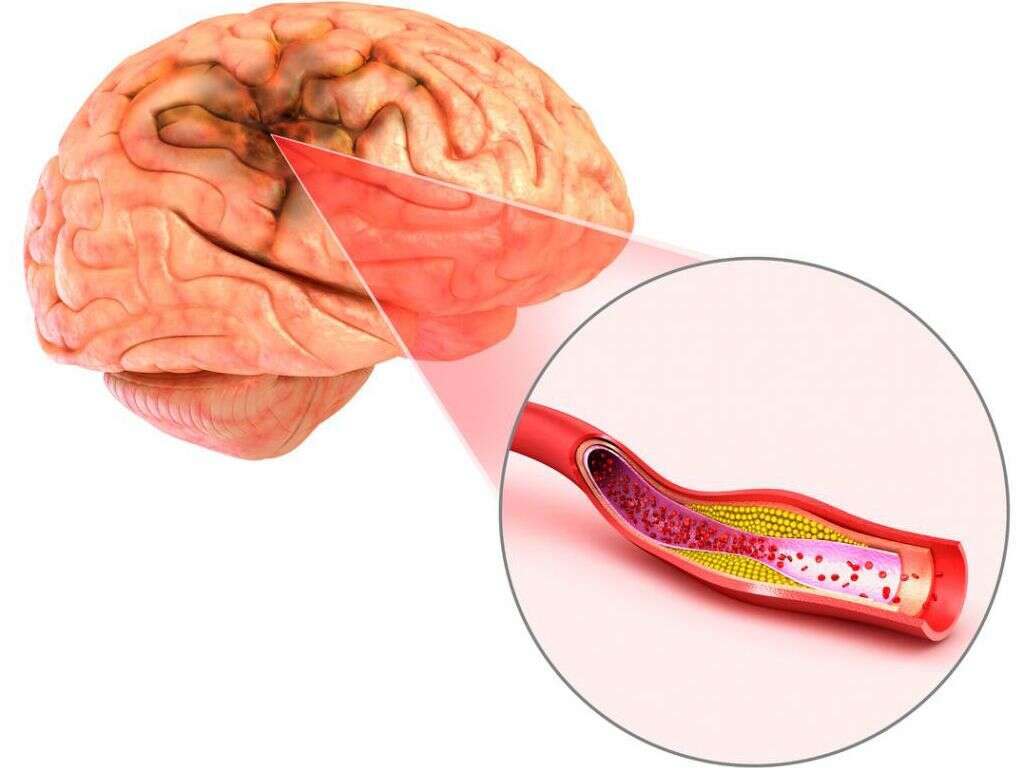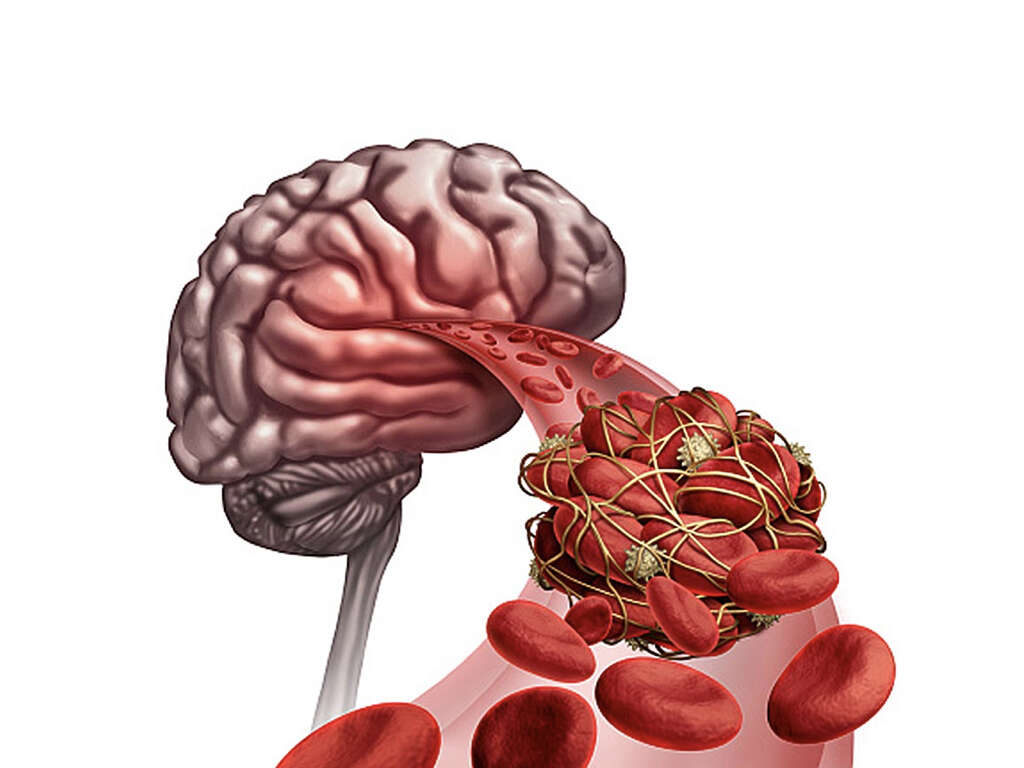10 Hemorrhagic Stroke Symptoms
 Article Sources
Article Sources
- 1. Gray, Vicki, et al. ‘Factors That Influence Muscle Weakness Following Stroke and Their Clinical Implications: a Critical Review.’ Physiotherapy Canada.ncbi.nlm.nih.gov/pmc/articles/PMC3484914/
- 2. McKenzie-White, Jane. ‘Neuropsychiatry of Stroke.’ Johns Hopkins Medicine, Based in Baltimore, Maryland, 20 June 2017, www.hopkinsmedicine.org/gec/series/neuropsych/stroke.html
- 3. Çelebisoy, Mehmet, et al. ‘Recovery of Visual-Field Defects after Occipital Lobe Infarction: a Perimetric Study.’ Journal of Neurology, Neurosurgery & Psychiatry, BMJ Publishing Group Ltd, 1 June 2011, jnnp.bmj.com/content/82/6/695.abstract
- 4. Schwab S;Aschoff A;Spranger M;Albert F;Hacke W; ‘The Value of Intracranial Pressure Monitoring in Acute Hemispheric Stroke.’ Neurology, U.S. National Library of Medicine, pubmed.ncbi.nlm.nih.gov/8757010/
Risk Factors
Certain medical conditions and lifestyle habits put people at a higher risk of experiencing a hemorrhagic stroke. These include high blood pressure, smoking, diabetes, brain aneurysm and a history of stroke in the family.
Cerebral cavernous malfunctions in which blood vessels in the brain fail to form correctly also increase the risk of having an intracerebral hemorrhage. The risk factors for a subarachnoid hemorrhage, another type of brain hemorrhage, include bleeding disorders, head traumas, use of blood-thinning medications and cerebral aneurysms.
Advertisement











